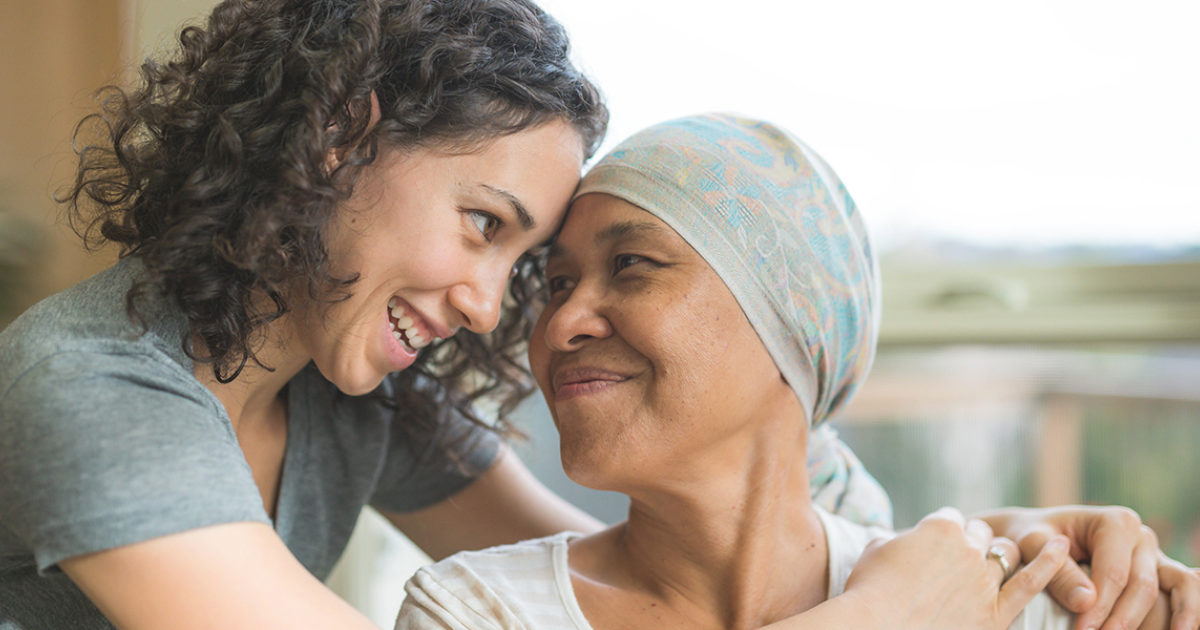Livestrong Cancer Institute’s Approach to Care With the Launch of the New Gastrointestinal Cancer Clinic

In 1975, less than half (48.9%) of all individuals diagnosed with cancer achieved a “five-year survival rate,” which is a measure created as part of a standardized vocabulary clinicians and other health professionals use when comparing the effectiveness of various treatment approaches. By comparison, in 2013, the most recent year for which statistics are available, the five-year survival rate following a cancer diagnosis approached seventy percent (69.2%). Overall, it is estimated that more than 15.5 million adults and children with a history of cancer are living in the United States today, a number that is expected to increase to over 20 million by 2026.
“What this tells us,” says S. Gail Eckhardt, M.D., department chair of Oncology and Director of UT Health Austin’s Livestrong Cancer Institutes, “is that the tools we have been developing to address the complex condition we call cancer, from early diagnoses through screenings and other tests, to improved treatment techniques that focus on personalizing care specifically to each unique patient, to new research and pioneering clinical trials—all these approaches, taken together and coordinated by experienced clinicians…they are working. More people are living longer after a cancer diagnosis. The focus has moved past helping people survive, and toward helping them thrive.
“At UT Health Austin’s Livestrong Cancer Institutes, you can see these two powerful ideas, that the best cancer care happens when experienced experts from a range of specialties work together to create customized treatments plans that are then delivered in an environment that is designed to treat the whole person, come together in an approach that we call CaLM, which stands for CancerLife reiMagined.”
Because there are more than 100 types of cancer, caused by a vast number of known and unknown triggers ranging from environmental radiation to exposure to chemicals to different types of viruses and inherited genetic disorders, cancer is a notoriously complicated condition to treat. And because cancer treatment often involves a combination of carefully coordinated medications, surgical interventions, and rounds of various types of radiation therapies, all of which occur over specified periods of time, the physical demands of cancer care also impact an individual and their caregivers emotionally, and spiritually. The resulting sense of uncertainty can often feel overwhelming, producing anxiety and depression that in no way contribute to a successful outcome.
To better address all aspects of a patient’s treatment experience, the CaLM model is distinguished by its comprehensive array of wraparound care that patients and their loved ones can utilized in all phases of the cancer journey. In addition to world-class, personalized cancer treatment, UT Health Austin’s Livestrong Cancer Institutes tailor support services to empowering patients and their families to live their lives fully. The care team provides onsite support for emotional and mental health, care navigation and coordination, supportive care and symptom management, nutritional support, and genetic and fertility counseling. To ensure needs of the mind, body and spirit are considered, the team’s health social workers also facilitate connections to community-based organizations including integrative therapy options, financial, job, and legal counseling, and fitness programming specific to cancer patients in both active and post-treatment.
“We specifically chose the word CaLM to describe our approach to cancer care,” says Dr. Eckhardt, “because that’s the feeling we want to help our patients achieve all the way through their care. We start by putting a team of clinical experts in place who review each and every individual diagnosis, discuss every option, and arrive at what, in the team’s experienced judgement is the best treatment plan going forward. Then, we coordinate each treatment plan from the same place, so each patient has a home that feels familiar, where they are surrounded by people they get to know, where their questions are answered, and any uncertainty is addressed. And finally, throughout their care, we offer a range of services that are designed to help them feel their best physically, and emotionally, because when you feel good about yourself and have confidence in your situation, we believe that you, your family and your loved ones are stronger, and more resilient.
“We also have experience working with a young adult advisory board made up of cancer patients, survivors and caregivers to address the specific needs of individuals between the ages of 18 and 40 because we know that some issues related to navigating cancer care, from family planning options to dietary needs and employment concerns, are unique to young adults. And one important aspect of our approach includes genetic counseling to help our patients and their families better understand their own current and future risks.
“With more people living longer following a cancer diagnosis,” Dr. Eckhardt concludes, “we believe that our approach, starting with our condition-focused multidisciplinary conferences that provide coordinated expertise across provider types in designing a customized treatment plan that can be deployed in the community, and following all the way through a plan that is customized to care for each individual patient as a whole, vibrant person, will make a real difference in the lives of everyone who entrust us with their care.”